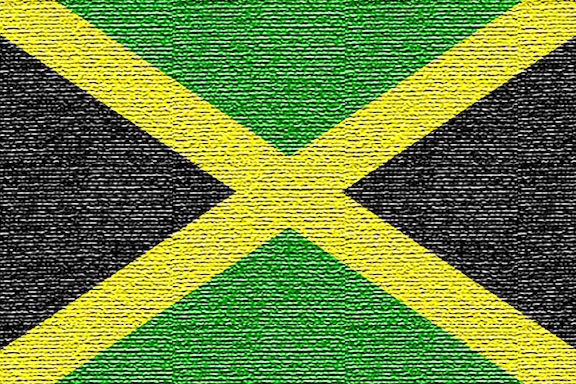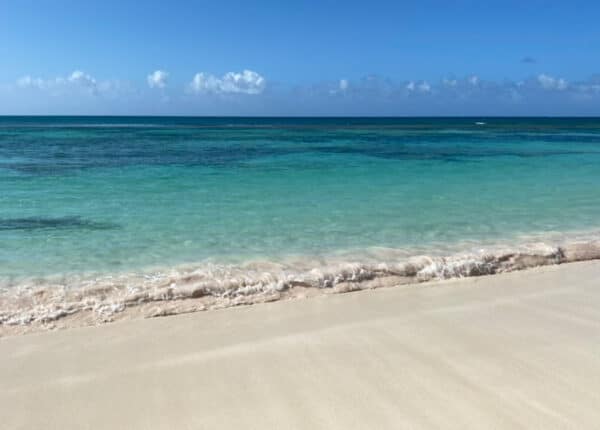By Dennis Chung
CJ Contributor
ON Wednesday I attended the presentation of a report by Professor Vanus James that examined the foreign exchange policy, and what is most appropriate. The study was initiated by Edward Seaga, and is a very good piece of work that seeks to bring some conclusion to the recent dialogue about which exchange rate regime is best for Jamaica.
The study concluded that the best regime is a managed floating rate, which is an argument that was put forward by myself and others, in the face of the opposing argument for a pegged, or fixed, regime. Mr Seaga and his team must be commended for this work, which is what we should expect to come from academic institutions, he being also the Chancellor of the University of Technology.
It is important for us to understand why a managed floating rate is best for Jamaica, as opposed to, say , an unmanaged floating rate. The fact is that the exchange rate is very significant in Jamaica, where approximately 70 per cent of our consumption is imported, and we have always had a significant balance of payments (BOP) deficit. Left unmanaged, the exchange rate would depreciate at a much faster rate, resulting in significant hardships for the consumer and businesses, as long as our BOP deficit remains a challenge.
For those who say that the exchange rate should be left to find its true level, the fact is that the true level approaches infinity, if left unmanaged, as a result of our continuing BOP deficits. Therefore, it is necessary for us to manage our exchange rate, as long as we are unable to resolve our BOP problem. This means that the NIR and monetary policy will continue to be critical tools, and why we cannot fix the exchange rate. The result of doing so would be social challenges.
It follows, therefore, that if we are to resolve our long- term exchange rate problem, thereby causing a rise in income levels, relative to cost of living, then we must address the problem of the BOP. Resolution of the BOP issue means earning more foreign exchange than we spend, or at the very least, enough to cover our expenditure.
Some say to do so, what we need to do is live within our means, and what should be done is to reduce our imports to the level of what our foreign exchange earnings can support. This is a very simplistic argument that is based more on theory than practical application. In other words, if you need to spend $100 just to survive, and you earn $50, then it is practical to say that you can reduce your spend to bring your expenditure in line, if doing so means you are not able to survive.
Similarly, Jamaica’s imports are 35 per cent fuel and 10 per cent food. And both are greater than our exports. So reducing our imports to match our exports will lead to food shortages, resulting in higher prices, and also reduced production, as there will be electricity and/or transport disruptions.
It would logically seem then that what we must do is increase our earnings. That is, reverse our BOP deficit. But in order for us to do so, we need to first understand what causes us to import more than we export, which at the base of it, I submit, is the inability to compete globally on a sufficient scale. There are some companies, like Grace Kennedy and Jamaica Producers, that have been making great strides internationally, but the problem is that many smaller companies are unable to make the transition.
This is caused, in my estimation, by our low productivity levels, which have continued to decline since the 1970s. And if we cannot improve productivity, then it is always going to be cheaper to import, and consume than produce locally and export, or consume.
Again the question is what makes it more rewarding for companies to import, or produce locally, for local consumption. In other words, why the preference to use imported content, or sell locally, rather than export.
Again, others argue that the policy should be to make it difficult for companies to survive by just selling locally, through exchange rate depreciation, reducing local income and forcing companies to export. The problem with that argument is that if you reduce local income without addressing the productivity issues, then all that will happen is that companies will close down, as we would not have addressed the productivity issue, and they will be unable to compete internationally and, therefore, have to close their doors as they will be unable to expand.
This shows that the underlying problem we face is one of productivity, and not that people necessarily want to consume imports. But what choice is there? Are we saying that while players in other economies act rationally, and their choice is based on returns, our private sector and consumers should act irrationally and buy local inputs. even though they are more expensive? While this is a short-term fix; it is not sustainable, and is a primary reason why our economy has struggled.
Therefore, if we want to solve our foreign exchange, inflation, cost of living, NIR, BOP, and other issues, then we must focus on solving our productivity issues. And to solve our productivity issues, we must focus on what makes business uncompetitive.
Thus, the emphasis on energy cost, bureaucracy, tax reform, and law and order.
Dennis Chung is a chartered accountant and is currently Vice President of the Institute of Chartered Accountants of Jamaica. He has written two books: Charting Jamaica’s Economic and Social Development – 2009; and Achieving Life’s Equilibrium – balancing health, wealth, and happiness for optimal living – 2012. Both books are available at Amazon in both digital and paperback format. His blog isdcjottings.blogspot.com. He can be reached at drachung@gmail.com.







